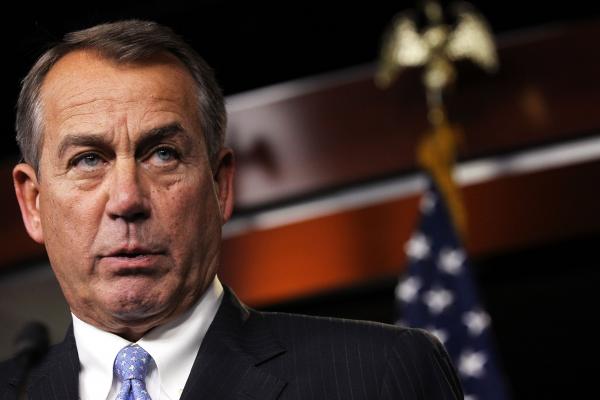Dec 21, 2012
We must be very careful about bringing theological judgments to political ones. Most policy decisions are prudential judgments — compromises between two political parties, neither of which represents the kingdom of God. But sometimes, political ideologies come to a place where they so clearly threaten the well-being of so many and the very foundations of the common good that they must be challenged by theology. This is a moment like that.
Speaker John Boehner’s tax bill that failed, and spending bill that passed in the House yesterday both fail the basic test of protecting the poor and vulnerable. While it does not look like even the spending bill has much of a future, what it portends for the future of the debate is grim.
Read the Full Article

Already a subscriber? Login
